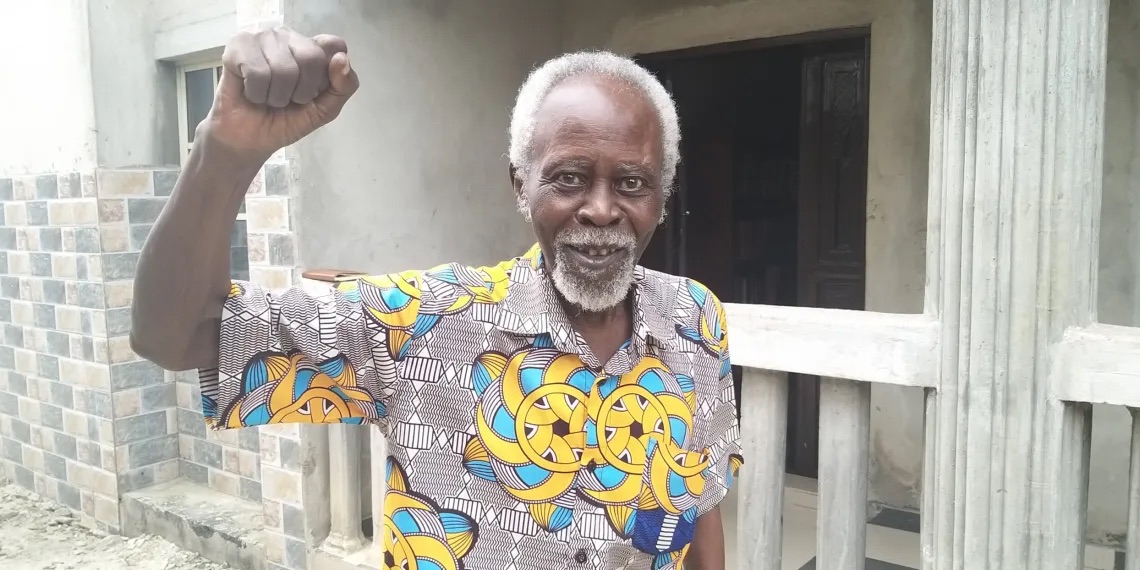In a landmark decision, the Court of Appeal in Calabar, Cross River State, has ruled in favor of Inih Ebong, a lecturer who was unjustly dismissed by the University of Uyo (Uniuyo) over 22 years ago. The court dismissed Uniuyo’s appeal against a 2020 judgment by the National Industrial Court of Nigeria, which had ordered the university to reinstate Ebong and compensate him for his entitlements and damages.
Ebong’s legal counsel, Nse William, expressed profound relief upon hearing the verdict, stating, “It’s all over. It’s all over. Everything is over.” He attributed the success to divine intervention, adding, “We give glory to God.”
The protracted legal battle began when Ebong was dismissed from Uniuyo over two decades ago. Despite the university’s prolonged resistance, the appellate court’s decision now mandates Ebong’s reinstatement and the fulfillment of the earlier court’s directives.
This case underscores the importance of upholding justice and the rule of law within Nigerian institutions. Ebong’s perseverance serves as a testament to the resilience of individuals seeking redress against institutional injustices.
The university’s legal team has yet to comment on the appellate court’s decision. However, this ruling sets a significant precedent for similar cases involving wrongful termination in Nigerian academic institutions.
The victory marks a long-awaited moment of justice for Ebong, who had spent over two decades fighting against what he and his legal team described as a wrongful dismissal. Throughout the years, Ebong faced immense emotional, professional, and financial hardships. His resilience in seeking justice, despite numerous setbacks, has become an inspiration to many Nigerians facing similar battles against unjust practices within institutions. This ruling not only brings relief to Ebong but also reinforces the need for accountability and fairness in the workplace, especially within Nigeria’s educational system.
